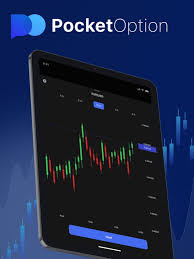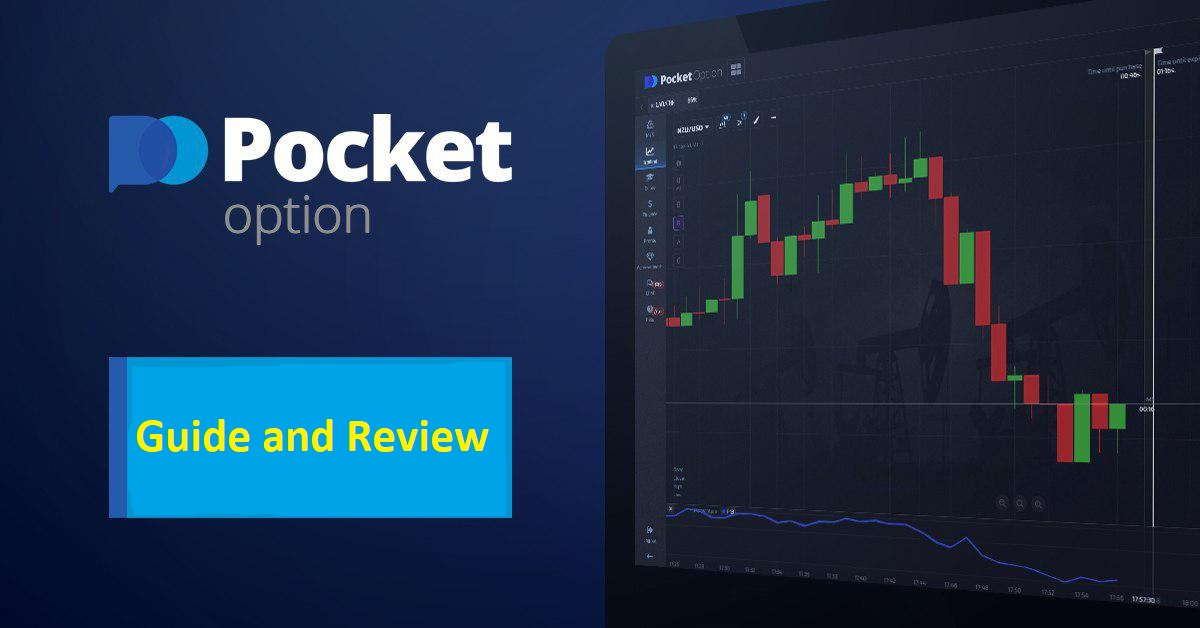
Understanding Pocket Option Regulation: What Traders Need to Know
In the realm of online trading, regulation plays a crucial role in ensuring the integrity and security of the trading environment. One such platform, Pocket Option, has gained significant popularity among traders due to its user-friendly interface and wide range of trading options. However, the question of pocket option regulation pocket option regulation is paramount for anyone considering using the platform. In this article, we will delve deep into the various facets of regulation that can affect your trading experience, the security measures in place, and overall how these regulations impact traders.
The Importance of Regulation in Trading
Regulation serves as a protective umbrella over the trading ecosystem. It helps in maintaining fair trading practices, providing a level playing field for traders, and ensuring that brokers do not engage in misleading practices. Regulatory bodies are responsible for setting guidelines that brokers must follow. These guidelines pertain to the legitimacy of operations, safeguarding of client funds, and adherence to fair trading policies.
For traders, knowing their broker is regulated is paramount. It gives a sense of security and reliability. Regulated brokers are often subjected to audits, ensuring that they are operating within the law and treating their clients fairly. For this reason, many traders seek out brokers that are under the watchful eye of well-established regulatory authorities.
Pocket Option’s Regulatory Status
Pocket Option is an online trading platform that primarily offers binary options. However, its regulatory status is a vital consideration for potential traders. Currently, Pocket Option is registered under the International Financial Market Relations Regulation Center (IFMRRC), a regulatory body known for its liberal approach to regulation. Nonetheless, it is important to note that the IFMRRC does not carry the same weight as major financial regulatory bodies such as the Financial Conduct Authority (FCA) in the UK or the Commodity Futures Trading Commission (CFTC) in the USA.
This raises an important discussion among traders regarding the level of protection provided by such regulatory bodies. Traders must understand the implications of using a platform that operates under a less stringent regulatory framework. It is crucial to weigh the benefits of trading with Pocket Option against the potential risks associated with its regulatory status.
Security Measures to Protect Traders
Even though Pocket Option operates under the IFMRRC, it offers several security measures designed to protect traders and their funds. The platform employs advanced encryption protocols to ensure that all personal and financial information is secure from unauthorized access. Furthermore, Pocket Option has a clear policy on the segregation of client funds, meaning that traders’ deposits are kept separate from the company’s operational funds. This is intended to safeguard traders’ funds in the event of any financial difficulties faced by the broker.

Moreover, Pocket Option adheres to strict Know Your Customer (KYC) and Anti-Money Laundering (AML) policies. This requires users to verify their identity before they can make withdrawals, which helps to prevent fraud and identity theft. Such measures not only enhance the security of the platform but also promote a responsible trading environment.
Trader Protection and Insurance
One aspect of regulation that is particularly advantageous for traders is the presence of insurance funds that protect users in the event of broker insolvency. While this is common with more established brokers governed by top-tier regulators, the situation may vary with Pocket Option. As it stands, Pocket Option does not currently offer any insurance on deposits. This factor should be considered carefully by traders before deciding to commit their funds to the platform.
It is advisable for traders to look into alternative options or supplementary insurance that might be available in their region. The absence of deposit protection on Pocket Option highlights the importance of conducting thorough research into one’s preferred broker and finding out what protections may be available.
Positive Aspects of Trading with Pocket Option
Despite the regulatory concerns, many traders find that Pocket Option offers a range of benefits, which include an intuitive user interface, a variety of trading options, and relatively low minimum deposit requirements. The platform caters to both novice and experienced traders, allowing users to operate with a demo account before making a real-money commitment.
Additionally, Pocket Option offers a wide array of assets, from stocks and forex to cryptocurrencies. This diversity allows traders to create well-rounded portfolios according to their individual risk tolerance and investment strategies. Furthermore, the platform’s unique social trading features enable users to follow and replicate the trades of successful traders, presenting an opportunity for learning and improvement.
Final Thoughts
In the world of trading, regulation is a fundamental element that cannot be overlooked. For prospective traders on Pocket Option, understanding the implications of its regulatory status in conjunction with the security measures in place is vital to making an informed decision. While the platform offers a user-friendly environment with various trading options, the lack of stricter oversight presents potential risks. Thus, it is imperative for traders to conduct vigilant research, exercise caution, and consider both the advantages and disadvantages before engaging in trading activities on the platform.
In conclusion, being well-informed about pocket option regulation and security measures can enhance your trading experience significantly. By doing so, traders can navigate potential pitfalls and better safeguard their investments, ultimately leading to an informed trading experience.